The bitter bolete – a false feeling of satisfaction
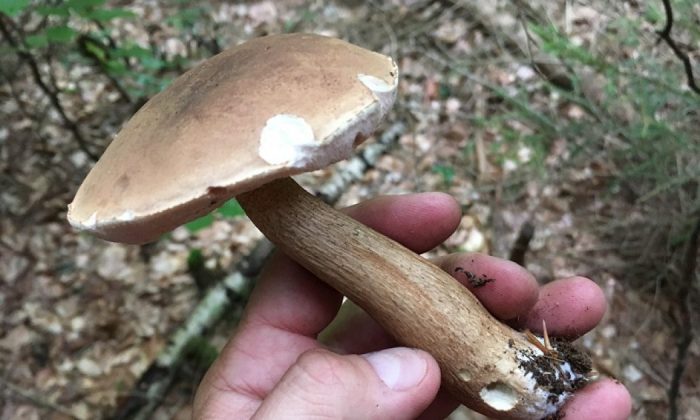
Did you found a beautiful and friendly-looking mushroom that somewhat resembles the porcini mushroom, cooked it, and found out that it spoiled your entire meal? If so, you’ve most likely brought home the bitter bolete. This mushroom looks very nice and appetizing but only in appearance.Let us tell you how you can recognize the bitter bolete and where it is often found.
An attractive looking mushroom
Yes indeed, but just because it looks similar to some other edible porcini mushrooms it does not mean that it is edible. The pileus is between 50 and 150 mm in diameter, it is rather wide and it has the typical hemispherical shape when young. Pileus is mostly light brown, but it may be darker, or it may even have olive tones. Typical are its pores, which are pure white – during the younger phase of growthbut later they turn pinkish. When you squeeze them, they turn brown. Stipe is thick, club-shaped and it is completely covered by a dark mesh-like structure.
Photo: Radek Štěpán
Very bitter mushroom
The bitter bolete has white and slightly pinkish flesh and it is extremely bitter.If you prepare a dish and even use many other mushrooms, you still ruin the entire meal. You may also experience stomach problems if you eat it but people usually will not consume the meal because of the bitterness. The good news is that it is easy to recognize the bitter bolete and not confuse it with other edible, similar looking mushrooms.The bitter bolete has its typical mesh on the stipe and pinkish pores. When in doubt, taste it – only little piece of course. Inexperienced mushroom pickers or beginners may bring the entire baskets full of these bitter boletes thinking they found great mushrooms…
Photo: Zdeněk Pelda
When and where does the bitter bolete grow?
You will mostly find it in coniferous forests, where the soil is rather poor and acidic. But do not be surprised if you find it in deciduous forests near rotten tree stumps for example. It grows from June to autumn.
Preview photo: Radek Štěpán

Gardening is my hobby, I have a lot of experience and I am happy to share it.
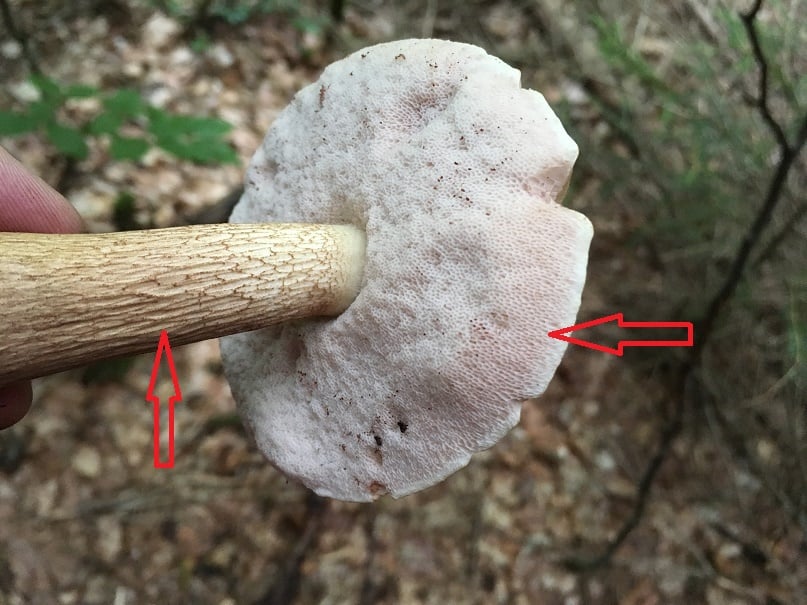
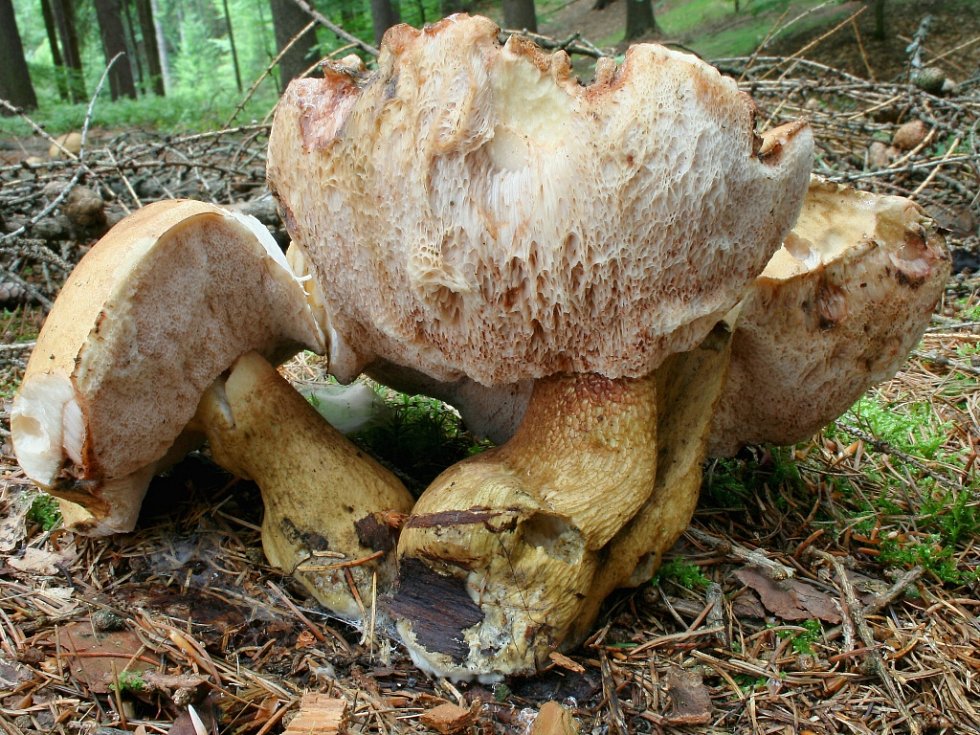


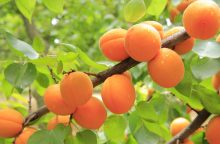
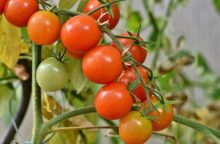
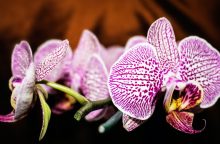
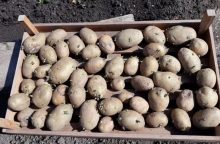
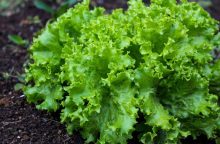
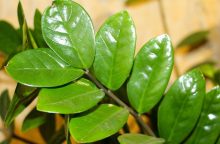
0 comments